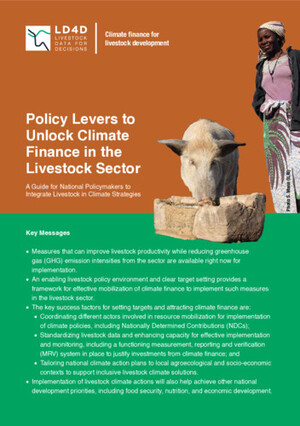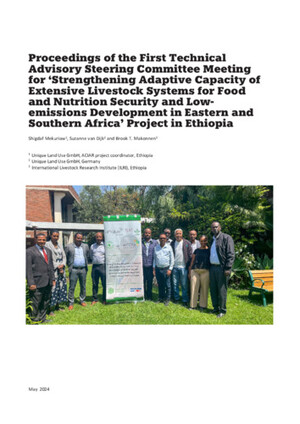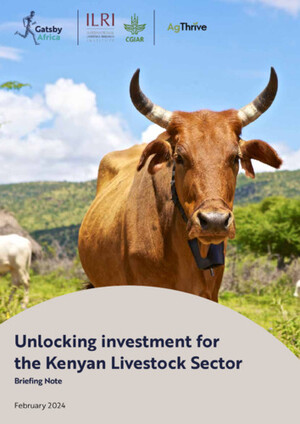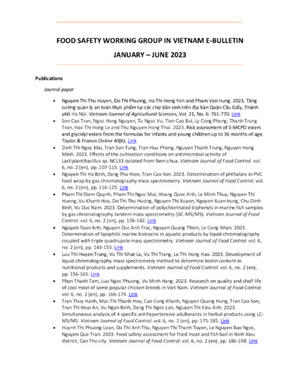
Women’s tenure security on collective lands: A conceptual framework
Abstract
Within discussions of land and resource rights, there is growing attention to women’s rights, mostly in terms of household and individual rights to private property. This leaves unanswered questions about whether and how women’s land rights can be secured under collective tenure, upon which billions of people worldwide depend. There is an important gap in conceptual tools, empirical understanding, and policy recommendations on women’s land rights within collective tenure. To address this gap and lay the foundations for a sound body of empirical studies and appropriate policies, we develop a conceptual framework to improve our understanding of women’s land rights under collective tenure. We begin by discussing what secure tenure for women on collective lands would entail. We then present the conceptual framework for what factors would affect women’s tenure security, building on a framework for land tenure security that focuses on individual and household tenure. We give attention to particularities of rangelands, forests, and other types of lands as well as commonalities across types of collective lands. A key theme that emerges is that for women to have secure tenure under collective tenure, two dimensions must be in place. First, the collective (group) itself must have tenure security. Second, women must have secure rights within this collective. The latter requires us to consider the governance structures, how men and women access and control land, and the extent to which women have voice and power within the collective. More consistent analyses of collective tenure systems using the framework presented in this paper can help to identify which action resources are important for groups to secure rights to collective lands, and for women to advocate for their rights within the group.
Citation
Meinzen-Dick, R., Doss, C., Flintan, F., Knight, R., Larson, A.M. and Monterroso, I. 2021. Women’s tenure security on collective lands: A conceptual framework. IFPRI Discussion Paper 02074. Washington DC, USA: IFPRI. https://hdl.handle.net/10568/117940










